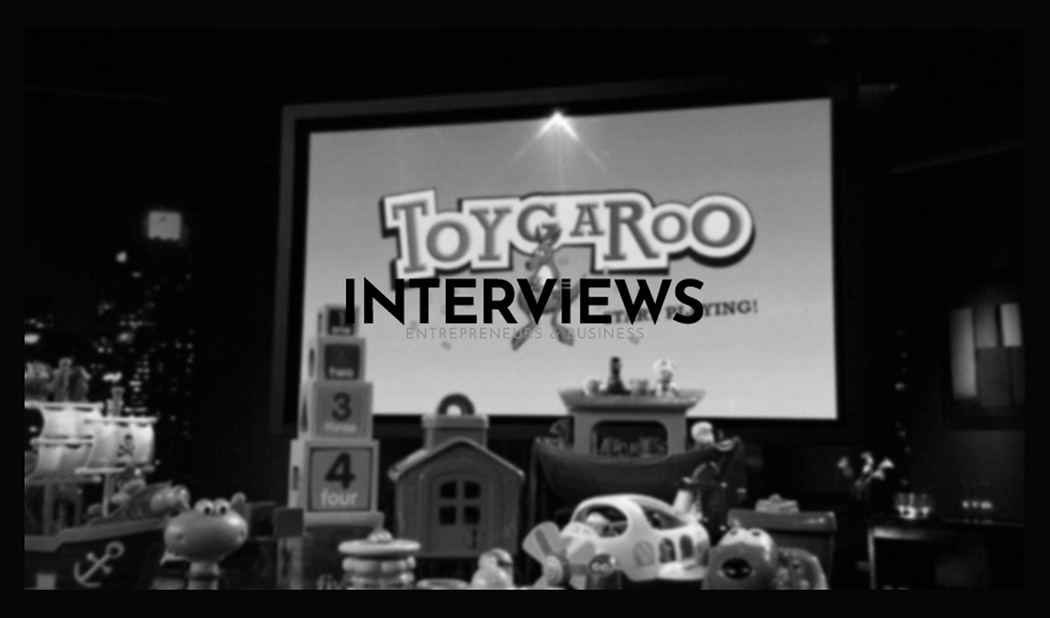Toygaroo: From Shark Tank Sensation to Startup Graveyard – What Really Happened?
Toygaroo. Do you remember it? Probably not. Startup graveyards are common. This one had a brief shining moment on Shark Tank. Toygaroo, created by Nikki Pope, sought to be the “Netflix of Toys”. Interesting concept. Rather than purchase toys that sit in landfills, parents could subscribe to a toy library.
Swimming with Sharks: Toygaroo’s Dive into the Tank
Nikki Pope approached the Shark Tank in Season 2, Episode 2, wanting $100,000 for 10% of Toygaroo. The sharks circled, and in a surprising turn, Mark Cuban and Kevin O’Leary partnered up. They offered $200,000 for 35% equity. Not what Pope planned, but a deal with Cuban and “Mr. Wonderful” was enticing.
The Shark Tank Effect: A Blessing or a Curse?
Shark Tank exposure is like fuel for a startup. Millions suddenly know your brand and products. For Toygaroo, it brought immense publicity. But too much attention too soon can be deadly. Toygaroo wasn’t prepared for such rapid escalation.
The Downfall: When Demand Becomes Your Demise
It wasn’t a bad idea. Demand outpaced supply, causing chaos. Imagine going from a manageable operation to a flood of subscribers overnight. Toygaroo faced disarray in logistics. Money disappeared quickly despite $250,000 in funding and Shark Tank’s investment. They failed to manage rapid growth.
In the end, Toygaroo shut down for good. The lesson? Slow and steady wins in the business world. Organic growth is crucial; building a solid foundation leads to lasting survival.
Shark Tank Deals: Behind the Handshake – Why Some Deals Drown
Toygaroo’s tale isn’t rare in the Shark Tank landscape. Some great deals on TV never happen. Issues arise after filming ends.
The Dealbreakers:
- Term Tango: That TV “handshake”? Merely a starting line. Entrepreneurs and Sharks argue over final terms like valuation and clauses. Disagreements can cancel deals.
- Due Diligence Disasters: Sharks investigate financials and operations after the show. Sometimes they find problems. Red flags can derail a deal swiftly.
- Mind Games: Entrepreneurs may hesitate post-show. They might reconsider their agreements or receive other offers. Both sides face buyer’s remorse upon further review.
- Unrealistic Expectations: Entering Shark Tank with lofty hopes leads to failure. If an entrepreneur’s views differ significantly from the Sharks’, negotiations may collapse.
- Publicity Play vs. Real Deal: Shark Tank offers publicity, sometimes at the cost of serious investment interest. If an entrepreneur lacks genuine drive for funding, deals often slip away.
Shark Tank Success Stories: Swimming to Shore
Not all stories end badly in the Shark Tank. Success stories exist. Consider Bombas, for example. Socks and t-shirts? Simple products, yet they donate an item for each sold one. Comfort and a strong mission turned Bombas into a billion-dollar success with over $1.3 billion in lifetime sales.
Shark Tales: Fun Facts from the Tank
Who’s the Richest Shark?
Mark Cuban was once known as the “Richest Shark,” with a net worth of $7.8 billion. However, Daniel Lubetzky has taken that title with a reported net worth of $2.3 billion from founding Kind Healthy Snacks.
Cuban’s Exit and Shark Losses?
Cuban revealed he will leave after Season 16 in 2025 for family time. Surprising, right? In 2022, he admitted his Shark Tank investment portfolio was averaging a loss. Reality check!
New Blood in the Tank
Daniel Lubetzky is now in the Tank as an investor after selling Kind Healthy Snacks for $5 billion. His fresh perspective brings new opportunities and drama in Season 16.
Sharks on the Payroll?
Yes, Sharks are paid to appear on Shark Tank. But their investments come from their own money. They risk their fortunes.
Lori Greiner: Queen of QVC and Shark Tank Success
Lori Greiner built her empire beyond Shark Tank deals. She invented over 1,000 products, including popular organizers. Her investments have generated over $1 billion in sales. Rumor has it she earns around $1.1 million per season!
Shark Tank: Reality or Reality TV?
Is Shark Tank scripted? Not really, but reality TV often features enhancements. The pitches are real, yet they condense hours into short segments. Drama gets amplified, and narratives formed.
Turning Down Millions: When Entrepreneurs Walk Away
Some entrepreneurs refuse offers from Sharks, even for millions! Hanalei Swan, an 11-year-old, turned down $30 million! Joseph K. Moore rejected Robert Herjavec’s $4 million offer, the largest made on the show at that time. Coffee Meets Bagel declined Cuban’s $30 million offer too!
Toy Industry Tides: Rough Seas or Smooth Sailing?
The toy industry today faces challenges. Companies like Hasbro see sales drops. But others like Mattel and Lego thrive. Overall, 2023 saw an 8% decline in sales across the toy industry. Tough times, yet toys remain timeless.
Toy Titans: Lego and Hamleys
LEGO stands as the world’s top toy brand. Hamleys of London is the oldest toy company still in operation. Established long ago, it represents play’s continuing charm.
Toygaroo’s narrative serves as a cautionary tale, showcasing that even bright ideas and Shark Tank fame do not guarantee success. It teaches about business realities and rapid growth unpredictability, emphasizing the enduring value of LEGO.





